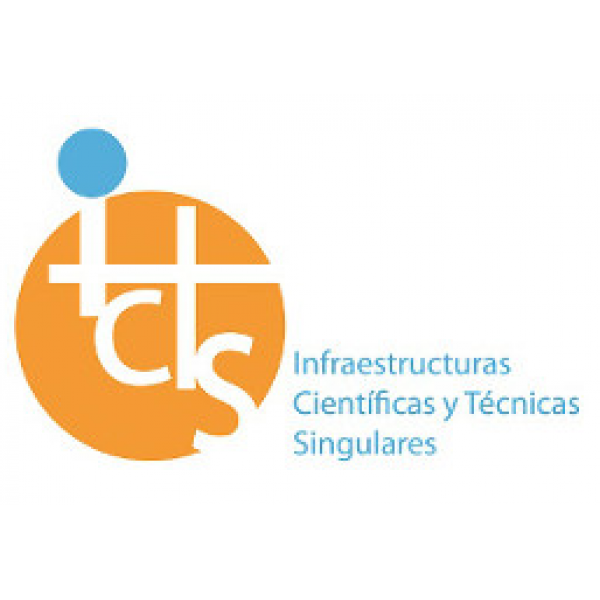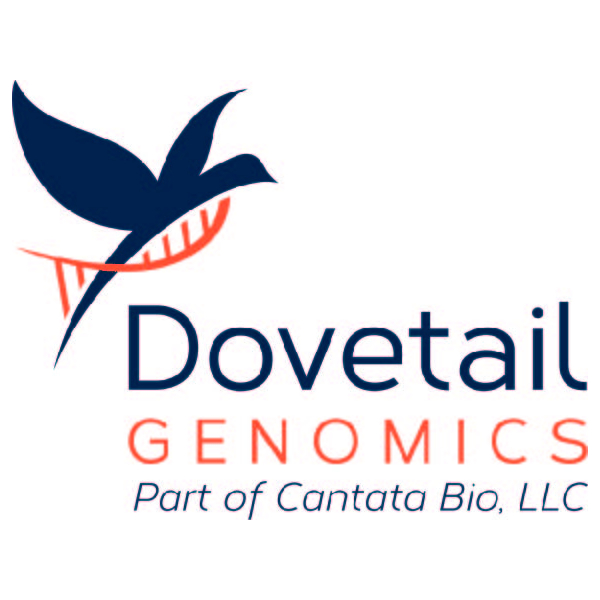
BCN, 1 Feb 2021.- The Instituto de Salud Carlos III has resolved the call to fund the Infraestructura de Medicina de Precisión asociada a la Ciencia y Tecnología (IMPaCT). This call, included in the Strategic Action in Health 2017-2020, is supported with 25.8 million euros.
The programs included in IMPaCT are aligned with the three areas that will be developed in the future national strategy: Predictive Medicine, Genomic Medicine and Data Science. The Centro de Investigación Biomédica en Red (CIBER) will take over the management of the first two, funded with 14 million and 7.24 million, respectively, while the Barcelona Supercomputing Center-Centro Nacional de Supercomputación (BSC) coordinates the third, funded with 4.55 million.
Genomic Medicine
The CNAG-CRG will play an essential role in the Genomic Medicine program, coordinated by Ángel Carracedo from the CIBER for Rare Diseases. The objective is to provide the Spanish National Health System with a collaborative structure for the implementation of Genomic Medicine, so that patients can equitably access with adequate response times all genomic tests that are necessary to improve their health, and to use this genomic data to advance biomedical research in rare diseases, cancer and pharmacogenetics.
The Genomic Medicine program includes the establishment of a network of five Genomic Analysis Centers at different stages of development that will be articulated around the central node of the CNAG-CRG. Ivo Gut, director of the CNAG-CRG, will lead this part of the program that will focus on the implementation of standardized protocols for the sequencing and analysis of genomes and exomes, quality management systems and laboratory information management systems in all the centers. The program has three main objectives: improving the diagnosis of rare diseases, facilitating genomic diagnosis in oncology with highly complex tests, and promoting the development of pharmacogenetics.
In addition, this program will coordinate with international initiatives such as the 1+ Million Genomes European project, the International Rare Diseases Research Consortium (IRDiRC) and the International Cancer Genome Consortium (ICGC).
Data Science
The CNAG-CRG will also participate in the Data Science program, coordinated by Alfonso Valencia from the BSC, which seeks to develop a common system for the collection and analysis of clinical and molecular data. The objective is to create tools to coordinate, integrate, manage and analyze clinical data, including medical image information, and genomics, so that it is possible to implement Personalized Medicine at all the levels of the National Health System.
The CNAG-CRG, under the coordination of Sergi Beltran, will contribute to the program with the Genome-Phenome Analysis Platform (GPAP) of which local installations have already been made for Personalized Medicine projects in Spain such as URD-Cat, MedPerCan and NAGEN 1000. The original platform was developed for rare diseases thanks to the RD-Connect project, and already contains data of more than 13,000 exomes/genomes. RD-Connect GPAP is an IRDiRC recognized resource that has contributed to the personalized genomic diagnosis of more than 1,000 patients with rare diseases.











